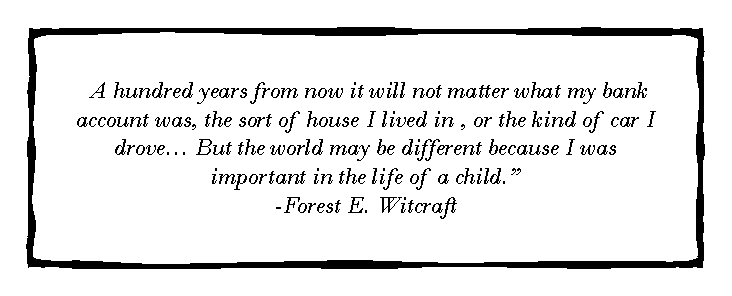Robin C. Miller
Blog
Assignment – Week 4
Dr.
Johnna Darragh
I use the site Zero to Three the National
Center for Infants, Toddlers, and Families
(http://www.zerotothree.org/). The site
is very useful. One specific section that I like is the Care & Education
tab. In this section you will find an explanation of why all children even
infants benefit from early learning. You will also find sub-sections for Child
Care, Family, Friend & Neighbor Care, and School Readiness Interactive
Birth to 3. The interactive section is the one I favor most because it is a web-based
interactive tool that helps parents and care givers introduce learning to
children by learning certain skills such as language skills, cognitive skills,
and more.
I haven’t come across anything that
struck me as controversial yet. But, there is a section that I am currently
researching through that caught my interest. This is the Temperament &
Behavior section in the Behavior and Development tab. I have been finding it
difficult lately to understand the behavior of some of my children in the
center and even with my own child. I am going to use this information to help me
gain a better understanding of behavior and temperament and possibly learn
something new.
I
listened in on a webinar on the topic of expanding State Initiatives to Expand Early
Head Start and it seems as if that a lot of professionals in the field are
ready and willing to help with the expansion of early education but it will be
costly in the beginning. A few of the challenges that are described in the
webinar is finding qualified professionals, community resources, and funding. Getting
others who are not exactly involved in the early education field to understand
why it is imperative to start learning at an early age is proving to be a
difficult task but many educators are continuing to fight for the rights of our
young.
Here
is the link for the webinar if anyone would like to listen to it:
One of the other many sections that
I like from this site is the Public Policy tab. In this section you will find,
if you scroll towards the bottom of the page, Zero To Three Policy Pocket Card.
This download helps gives you an understanding of what you can do as an
advocate for helping others understand the importance of early education. I would
say it’s a MUST do download. It’s a very good resource. Here is the link:
